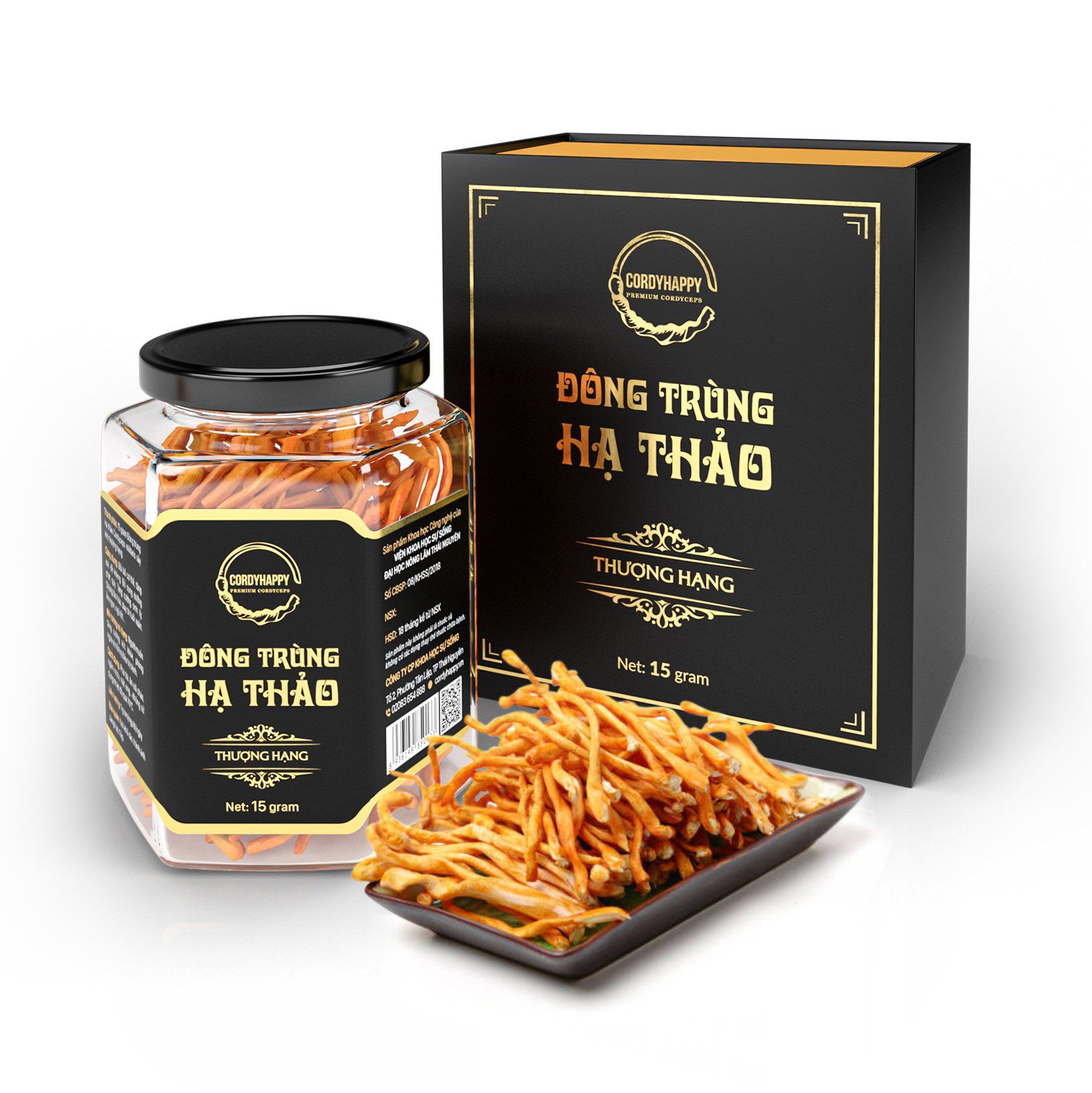I have found a great effort from a few dedicated moderators of this site in translating science news into Vietnamese for other readers. This is a very helpful way to motivate readers to appreciate science and stimulate their curiosity in scientific endeavors. This approach seems helpful especially for freshman-level university students. However, it is an ineffective method in the long run if one wants to develop a talented pool of future scientists who can access and comprehend scientific information as comfortably as their international peers.
Translating scientific information into one’s native language is disadvantageous in many ways. First, the process is time consuming. Not only does the translator need to be knowledgable about the scientific subjects, she also requires an excellent translating skill, which only obtained through mastering of both languages. Second, translating is an imprecise process. Scientific knowledge is exploding in today’s speed of discoveries. Many novel scientific concepts and terminologies are constantly created and exceeding the capacity of traditional vocabularies. The inaccuracy becomes more pronounced when translating into a language that is limited in describing more advanced scientific establishment. Last and most importantly, translating science into one’s own language creates dependency on the process and hampers the ability to learn a new language, especially English, an official language of modern biology. Without a necessary English skill, the ability to catch up with the world’s rich scientific literature and an opportunity to communicate with and contribute to the scientific community will be severely delayed.
Although I do not oppose the dedicated efforts in translating documents since this activity is still useful for some new students, I especially encourage many of you who already possessed some good English skills to expand them further. I want to emphasize on persistent practice in reading, writing and even thinking in English for your biology subjects. I hope that with enough encouragement and motivation from this site, many of you will multiply this attitude of English learning to your peers, classmates, and your universities. The widespread expansion of such English study in biology is necessary for building scientific capacity for Vietnam as other countries in the region like Singapore and India have successfullly done it for quite some time ago.
How to do it? Practice! Some of you are very good at math, physics, or chemistry. Do you remember how you have studied so that you become so good at taking tests or very good at explaning clearly to your peers on these subjects? I am sure that you have read so many books on the subjects and read them very carefully. You even did almost all homeworks, exercises, and problems relating to these subjects. Another important thing is that you found these subjects so exciting that you did not mind ignoring other pleasurable distractions. If you can find the same motivation in learning biology in English, I am certain that you will find it rewarding later.
What am I going to do? I will try to post some easy short paragraphs of biology literature and would like you to participate and discuss them as if you are using your native language. I expect some rough start but with enough enthusiasm, I hope you will enjoy.
Translating scientific information into one’s native language is disadvantageous in many ways. First, the process is time consuming. Not only does the translator need to be knowledgable about the scientific subjects, she also requires an excellent translating skill, which only obtained through mastering of both languages. Second, translating is an imprecise process. Scientific knowledge is exploding in today’s speed of discoveries. Many novel scientific concepts and terminologies are constantly created and exceeding the capacity of traditional vocabularies. The inaccuracy becomes more pronounced when translating into a language that is limited in describing more advanced scientific establishment. Last and most importantly, translating science into one’s own language creates dependency on the process and hampers the ability to learn a new language, especially English, an official language of modern biology. Without a necessary English skill, the ability to catch up with the world’s rich scientific literature and an opportunity to communicate with and contribute to the scientific community will be severely delayed.
Although I do not oppose the dedicated efforts in translating documents since this activity is still useful for some new students, I especially encourage many of you who already possessed some good English skills to expand them further. I want to emphasize on persistent practice in reading, writing and even thinking in English for your biology subjects. I hope that with enough encouragement and motivation from this site, many of you will multiply this attitude of English learning to your peers, classmates, and your universities. The widespread expansion of such English study in biology is necessary for building scientific capacity for Vietnam as other countries in the region like Singapore and India have successfullly done it for quite some time ago.
How to do it? Practice! Some of you are very good at math, physics, or chemistry. Do you remember how you have studied so that you become so good at taking tests or very good at explaning clearly to your peers on these subjects? I am sure that you have read so many books on the subjects and read them very carefully. You even did almost all homeworks, exercises, and problems relating to these subjects. Another important thing is that you found these subjects so exciting that you did not mind ignoring other pleasurable distractions. If you can find the same motivation in learning biology in English, I am certain that you will find it rewarding later.
What am I going to do? I will try to post some easy short paragraphs of biology literature and would like you to participate and discuss them as if you are using your native language. I expect some rough start but with enough enthusiasm, I hope you will enjoy.

